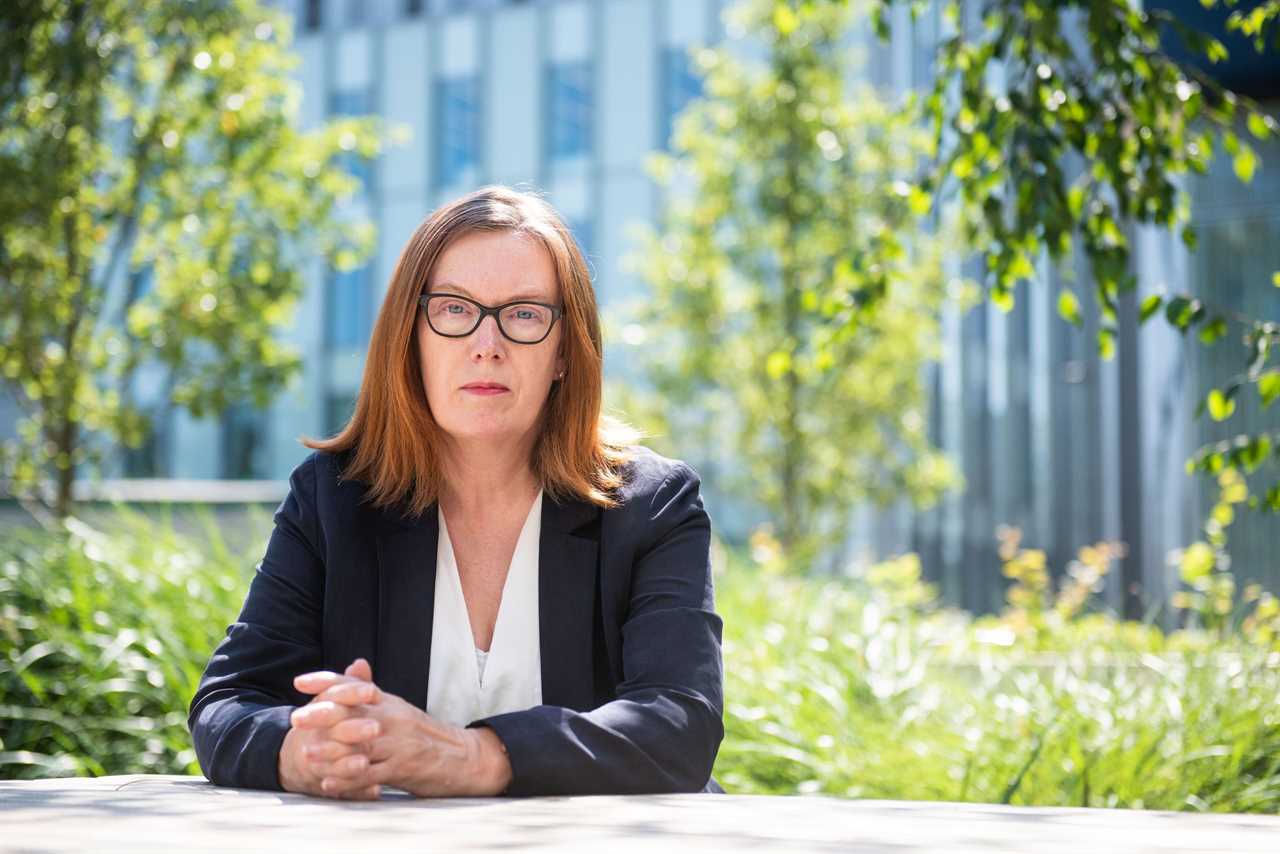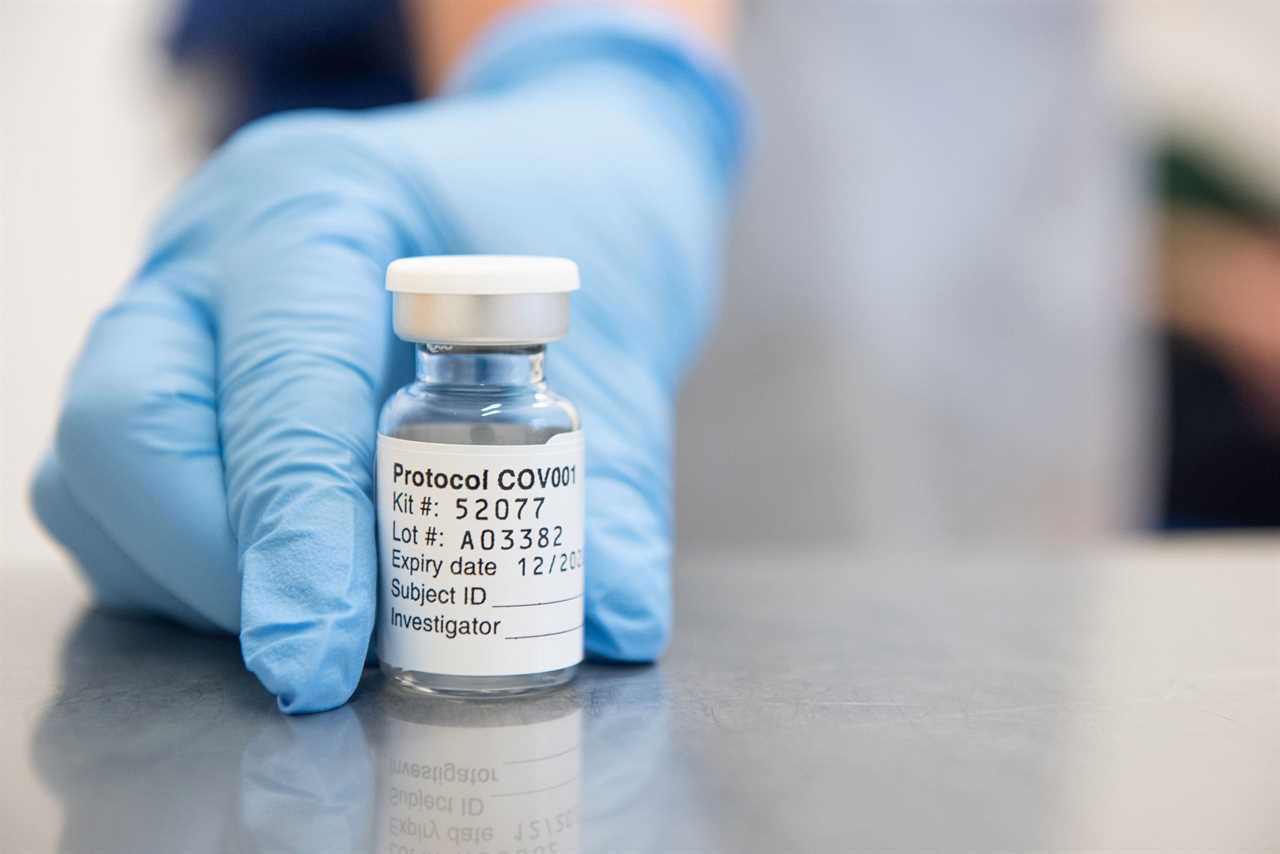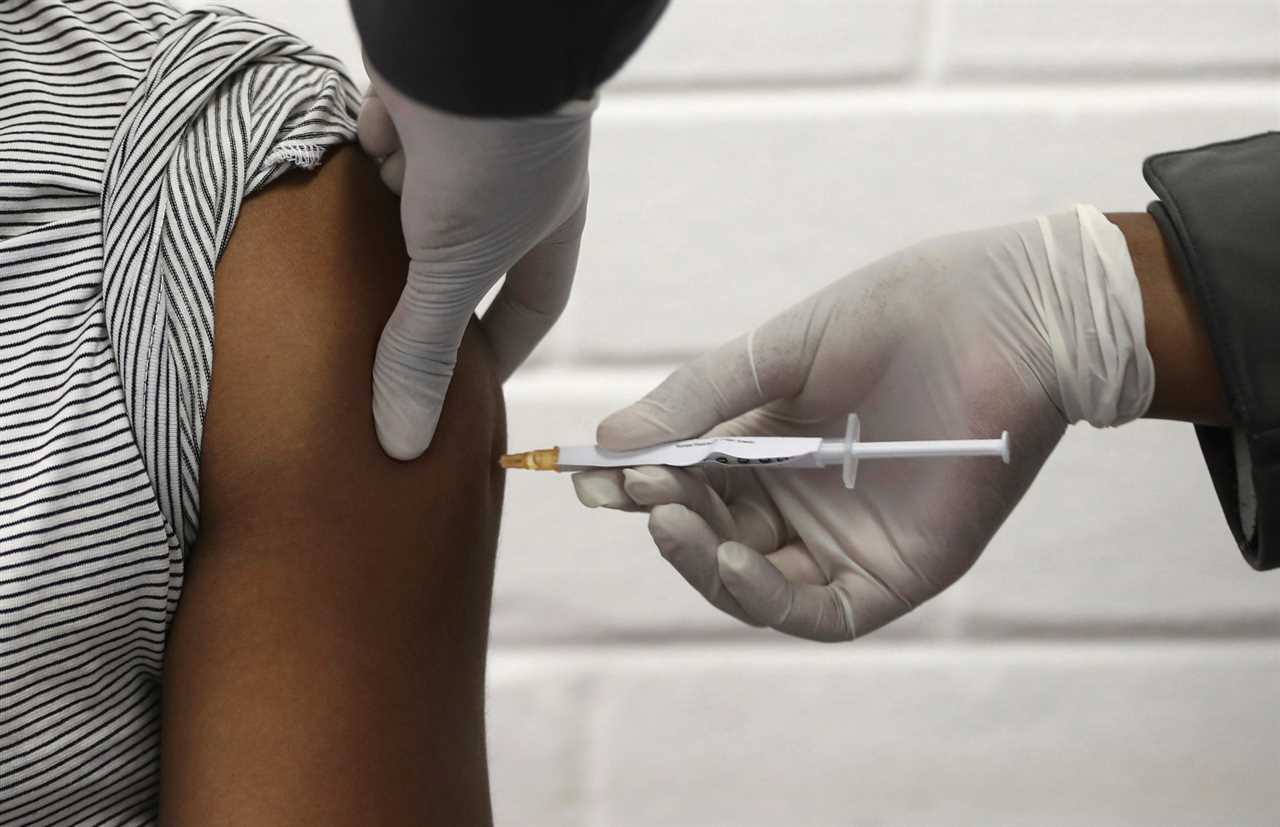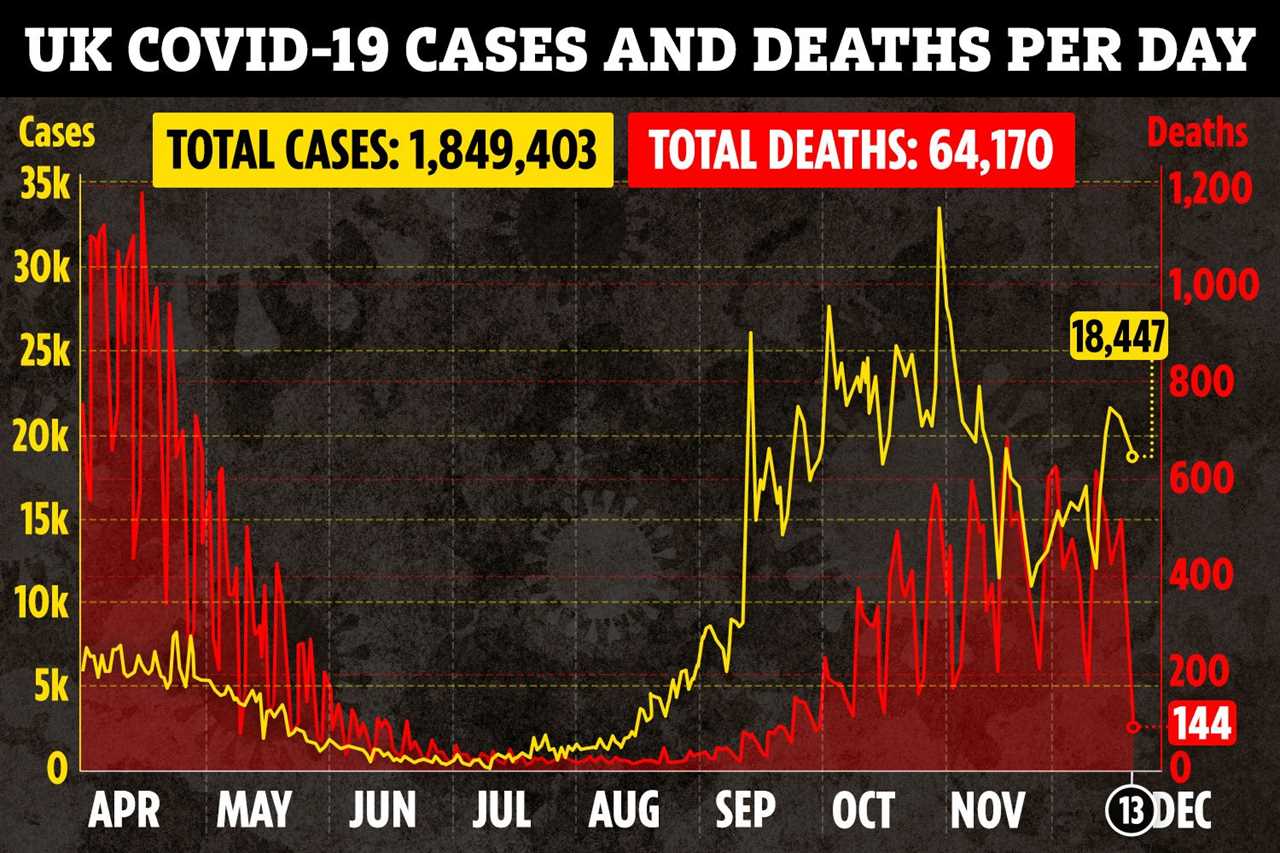OXFORD’S Covid vaccine is could be rolled out before Christmas – with four million doses sat ready to be used.
Professor Sarah Gilbert, a lead scientist working on the jab, said the chances of the first vaccinations before the end of the year are “pretty likely”.


The Medicines and Healthcare products Regulatory Agency (MHRA) are reviewing data from the huge clinical trials that took place worldwide to conclude if the jab is safe and effective.
Should they give the green light, four million doses have already been manufactured by the drug giant AstraZeneca and are ready to be doled out.
The UK Government has secured a deal for 100 million doses overall, enough to vaccinate 50 million people.
AstraZeneca said it expects that 70 million of these will be rolled out by the end of March next year – enough to vaccinate 35 million Britons, The Independent reported.
The jab would be the second in the UK’s armoury against Covid – the Pfizer/BioNTech vaccine is the only one currently approved for use in the UK.
When asked about the chances of receiving the jab by the end of the year, Prof Gilbert told the BBC’s Andrew Marr Show: “It depends on the age group you’re in and the JCVI (Joint Committee on Vaccination and Immunisation) prioritisations.

“I think the chances are pretty high.”
But she stressed that multiple vaccines – made using different technologies – will be needed to tackle the pandemic.
“All countries need multiple vaccines, the world needs multiple vaccines and we need vaccines made using different technologies, if that’s possible.”
Prof Gilbert said how people behave over Christmas could impact on the vaccination programme, because if the coronavirus is spreading, nurses and doctors may be off sick.
She said: “What we’ve seen in the US is that after Thanksgiving, when people were travelling and mixing, there’s now been a big surge in infections and they’re seeing 3,000 deaths a day now – the highest rate there’s ever been in any country.
“If we have that kind of thing happening over the Christmas holidays in this country, with very high transmission rates then possible in January, it’s going to take so much longer to get things back to normal.
“Because partly all the vaccination clinics will be disrupted. It’s not possible to run vaccination clinics when staff are off sick, and there’s a very high transmission rate affecting people’s ability to come to be vaccinated.
“So I think what we do over the next few weeks is really going to have a big impact on how long it’s going to take to get back to the normal.”
Prof Gilbert added: “Hopefully we could be more or less back to normal by the summer, but that’s not going to be possible if we’re starting from a very bad position in January.”
“Strong response”
Prof Gilbert, who is the lead researcher on the Oxford Vaccine Development Programme, said that the Oxford/AstraZeneca vaccine had shown “strong protection” against severe disease.
No one given the jab got severe symptoms or needed to go to hospital 21 days after the second dose.
There was also “some information” about the ability to prevent people carrying the virus without symptoms, which will be important for stopping the spread.







